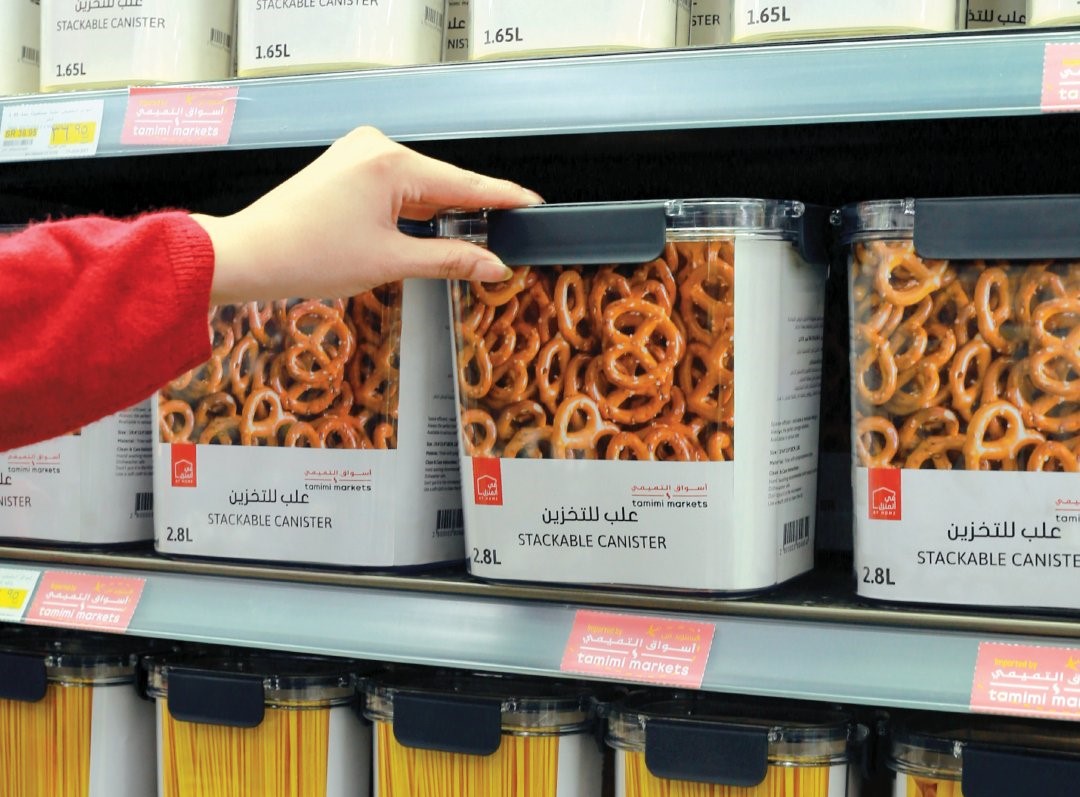Riyadh, Saudi Arabia — Saudi Arabian consumers are navigating the market with heightened awareness, becoming better-informed buyers, according to the PwC’s latest Middle East Pulse report, a segment of its comprehensive Global Consumer Insights Survey.
Emergence of Informed Buyers
The survey underscores a notable shift in consumer behavior as Saudi shoppers explore new avenues for informed purchasing decisions. Specialized price comparison platforms, advertisements, and promotions are gaining traction, supplementing traditional search engines, social media, and word-of-mouth recommendations. Sustainability emerges as a top priority for Saudi consumers, particularly the younger and tech-savvy demographic, showcasing a preference for emerging technologies in their purchasing journeys.
Norma Taki, PwC Middle East’s Consumer Markets Leader, emphasizes the significance of embracing these changes for retailers, urging alignment with evolving strategies, products, and overall shopping experiences.
Tech-Driven Purchase Decisions
Consumers in Saudi Arabia showcase price-conscious habits, relying heavily on smartphones and connected devices to compare prices online and in-store. A staggering 98% of internet users in the Kingdom engage actively on social media, emphasizing the pivotal role of digital platforms in shaping purchasing decisions.
In-Store Resilience and Trust in Brands
Despite the surge in online shopping, over 51 percent of Saudi consumers prefer in-store self-checkouts due to diverse payment options. Brand websites are a trusted resource, particularly among millennials and GenZs, with 65 percent prioritizing the website experience. Authenticity remains key, with consumers valuing in-person verification for product descriptions.
Sustainable Choices and Tech Enthusiasm
A significant revelation is the willingness of more than 20 percent of consumers to pay 11-20 percent above average prices for locally produced goods. The survey highlights a surge in enthusiasm for cutting-edge technology, with 62 percent eager to be early adopters, surpassing global trends. Additionally, 52 percent express a keen interest in chatbots for product information research.
Subscription preferences
Saudi consumers showcase a strong preference for subscription services, with 20 percent subscribing to household grocery delivery. The survey reveals that 54 percent believe subscriptions save costs, and over 40 percent appreciate the ability to try before buying, convenience, and maintaining a consistent lifestyle routine.
Vision 2030 Alignment
Imad Matar, PwC Middle East’s Deals Advisory and Transaction Services Leader KSA, underscores the transformation of local shoppers aligning with Vision 2030. The report emphasizes the need for the community to adapt to the Kingdom’s changing dynamics in the face of rising digital device costs.
As Saudi consumers redefine their shopping habits, the Middle East Pulse Report signals a monumental shift towards tech-driven, informed, and empowered purchasing behaviors.








